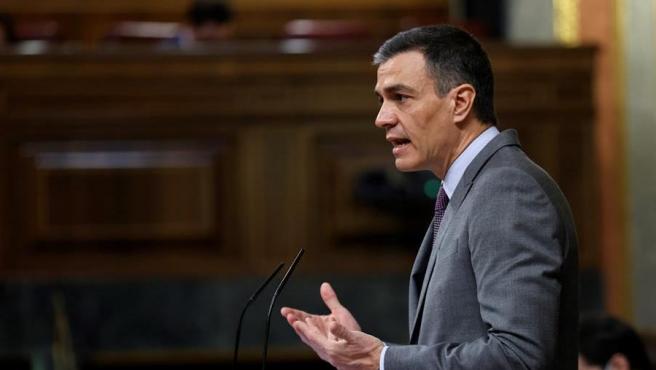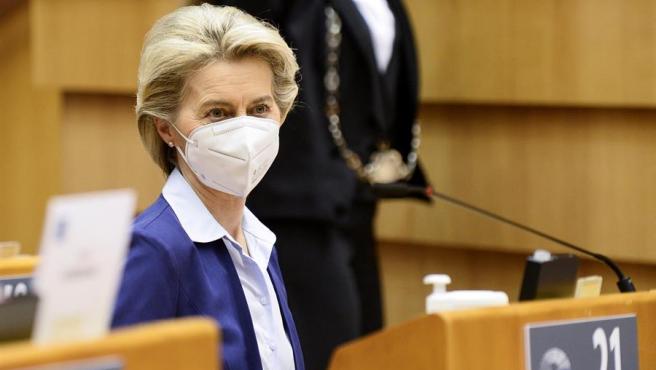The penetration of smartphones and high-speed internet has led to an increase in online shopping. It is currently the most popular form of shopping during pandemic times. It is a more convenient way of shopping with a large assortment of options at the fingertips. Studies show that the market size of online shopping was around 4 trillion in 2020.
The stiff competition among brands online requires you to stand apart from your competition. Apart from sending out the right messages, the buyers prefer to shop with a productive and safe outlet. Your website must have the relevant features that enthuse trust in the minds of the customers. This article will discuss some of the key factors for success in business site.
1 : The web pages must load quickly.
There have been several studies about page load speeds, with one of them stating that pages loading in five seconds have a bounce rate of 38%. For online shops, it is more than necessary that the web page loads within the optimal time. A fast-loading website ensures that the visitors do not abandon the site midway and move to the competition.
Are you aware that web load speeds also form an integral part of keyword rankings? Your team must ensure that the site is optimized and the image size is within prescribed limits. You must also check the page load speeds regularly as well. It is because any increase in bounce rate can affect your search rankings too.
2: Ensure security of the website
Visitors always check the padlock on the address bar before visiting a website. For e-commerce websites, it is a primary activity for visitors too. Moreover, you must adhere to the PCI-DSS guidelines and be on the HTTPS platform. For SSL, you can use a wildcard SSL certificate that will secure main domain and first level subdomains that you own. It will be a low cost deal compare to single and other type of Certificates.
Ensuring website security is one of the critical features of an e-commerce business website. SSL certificates encrypt the communication between the web server and the visitor’s browser, thereby disallowing any third party from accessing the information. It is also a soft factor in keyword rankings, while Google penalizes non-HTTPS websites by marking them as “Not Secure”.
3: Facilitate easy navigation for users
Your online shop must allow the visitors to find the products they need quickly. The UX designers must keep in mind the global best practices while designing the online shop’s workflows. The design should depict the values and the brand image of your business. Similarly, it should also have an intuitive navigational path that helps visitors find the products of their choice quickly.
The banner on the landing page must depict the offers that will entice the visitors to move further across the website. There must be meaningful labels, and the product categories must be such that all the brands can easily be correlated with them. The visitors must be able to click or tap the navigation at appropriate points on the pages. The search function must be included, and using breadcrumbs are among the critical features of e-commerce business website.
4: The use of social proofs
The use of social media is rampant, with many of us preferring to use this new medium to gather knowledge about our favorite brands. It helps to build customer trust apart from allowing you to target your better through customized messages. It adds to your brand’s popularity, and visitors can assess whether your brand is better than others.
Social media can also allow your brand to gather likes and shares from other renowned brands. You can also promote the trust you have received from these organizations to stimulate additional faith in your brand. Moreover, it will also entice your audience to buy into your brand, and it will increase the number of visitors to your site. It will build credibility in your vision and lower any barriers to purchasing from your site.
5: Genuine customer reviews
It is known that your audience prefers testimonials from current customers that help to build credibility about your brand. A study shows that customers would spend 31% more on brands that have excellent testimonials. However, you must also note that negative reviews can also adversely affect your visitors. It becomes necessary that you back your product with a professional customer support team.
Apart from customer reviews, your satisfied customers can also help you with favorable word-of-mouth. Though heavily underrated, it can work wonders for your business, and when you use social media, it can also amplify your brand awareness. Ensure that you have a strong brand image from superlative products coupled with excellent customer service.
6: Helping your customers
Your audience always prefers transparency in your business. Remember to utilize high-resolution pictures that will allow the visitors to have an accurate view of your product. You must have a list of policies that are usually associated with an online shop. The shipping, warranty and return policies must be placed on your website to be easily accessible by your customers.
It would help if you also had your contact coordinates at prominent places on the website. Ideally, it would help if you placed it legibly at the top right corner on all pages. The different means to contact client support must be mentioned in a separate “Contact Us” page. Always say the total charges of the product upfront and do not hide any fees. If there are delivery fees, they must be mentioned upfront before the customer makes the payment.
7: Offer free shipping
The shipping options play an essential role in the buying behavior of customers. It is a popular option that can bring in additional customers to your website. However, before offering it, you must have a proper discussion with your logistics vendors about the costs of delivering the product within a stipulated time. Very often, you may see various websites charging a delivery fee for fast deliveries.
Before offering free shopping, you may have to plough the cost back into the product’s overall price. But in no way can you hide the shipping charges from the customer. It could lead to a loss of customer trust, and it would not be easy to gain the confidence back. Many customers also abandon the shopping cart when they find a shipping charge associated with the order.
8: Transparent cancellation and returns procedure
You would not like your customers to receive a defective product! There could be occasions when your client would want to return a product or have it replaced altogether. The clients will always check for the returns policy, and you should place it at a prominent position on the site. It should be detailed enough to mention the steps that will be taken during the return process.
The customers may wish to cancel an order that must also be allowed on the platform. Others may ask for a refund if they find that the product is not up to the required standards. These policies must also be detailed enough and easy to understand. Easy return policies can also help to enhance credibility in your operations.
9: Customer Support round the clock
The audience should be able to approach your team directly for any issues. It requires you to beef up the customer support team. Also, their contact coordinates must be placed at relevant places on the website. It is better that you devote a page for customer support activities only. It must state how the customers can reach out to the customer support team.
There is a need to enable self-service through a knowledge base that will help customers have a ready-made answer to their queries. It can improve the response times that help to satisfy the customers who prefer that. Always ensure that there is consistency in the excellent levels of customer support that you provide. Also, be proactive in solving customer problems and have processes to track the team’s performance.
10: A responsive web design
Most of your customers will access your site through their smartphones. Having a responsive website is also among the critical features of e-commerce business website that helps you to address this vast audience. Even keyword rankings also make this an essential factor, and you may lose your rank if you are not adhering to this requirement.
A responsive and user-friendly web design allows an excellent user experience while going through the site’s essential information. It also makes it easier for developers to update the web pages if there is a responsive website. You must also bear in mind that too much scrolling can turn off the customers. A responsive design ensures the effective utilization of content that can be used across different media.
Conclusion
There are several factors that the audience considers before they decide to do business with your brand. The article discusses the key factors for success in a business site. It all starts by ensuring data security by installing an SSL certificate. You must also ensure that the customers are at ease when purchasing through your website.
The transactions that are done must be safe, and the pages must also load with the optimum time. While it is difficult to make a footprint while selling online, you must adhere to these tips that have been mentioned in this article.












 Bitcoin
Bitcoin  Ethereum
Ethereum  XRP
XRP  Tether
Tether  Solana
Solana  USDC
USDC  TRON
TRON  Lido Staked Ether
Lido Staked Ether  Cardano
Cardano  Avalanche
Avalanche  Toncoin
Toncoin